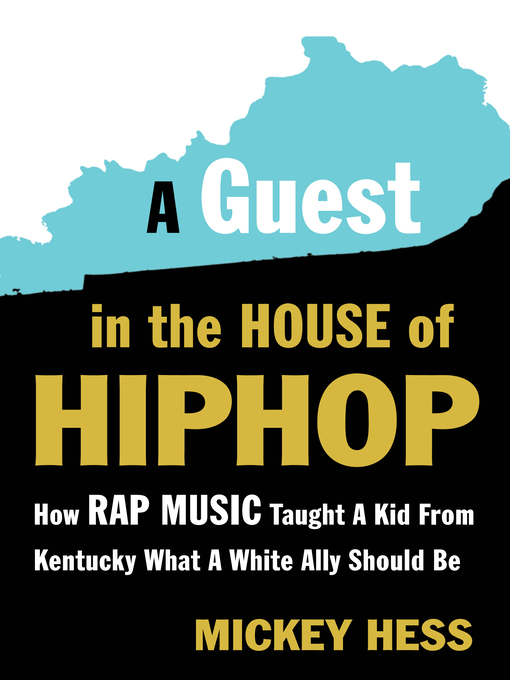Born in rural Kentucky, Mickey Hess grew up listening to the militant rap of Public Enemy while living in a place where the state song still included the word "darkies." Listening to hip-hop made Hess think about what it meant to be white, while the environment in small-town Kentucky encouraged him to avoid or even mock such self-examination.
With America's history of cultural appropriation, we've come to mistrust white people who participate deeply in black culture, but backing away from black culture is too easy a solution. As a white professor with a longstanding commitment to teaching hip-hop music and culture, Hess argues that white people have a responsibility to educate themselves by listening to black voices and then teach other whites to face the ways they benefit from racial injustices.
In our fraught moment, A Guest in the House of Hip Hop offers a point of entry for readers committed to racial justice, but uncertain about white people's role in relation to black culture.


